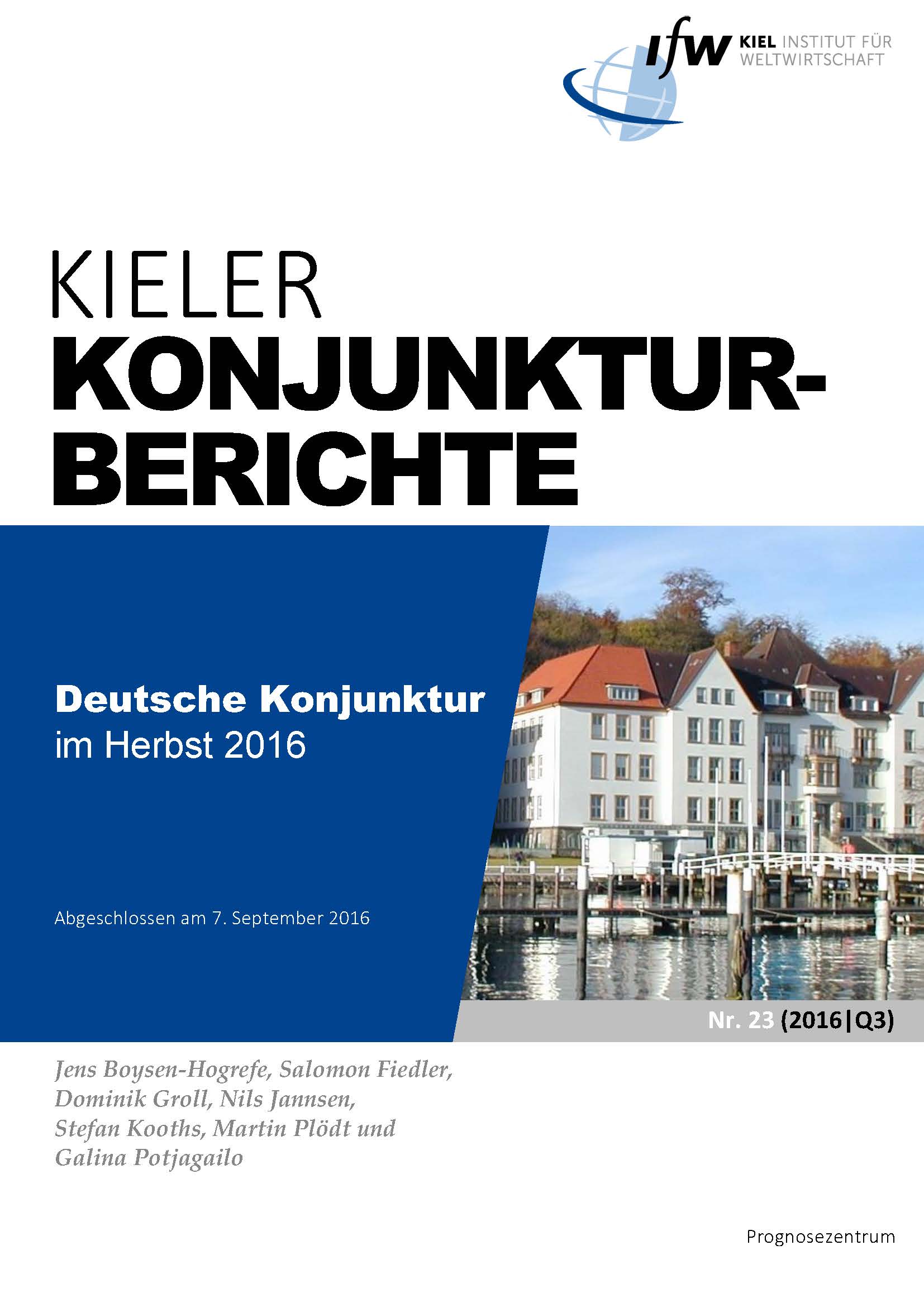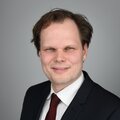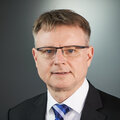
Economic Outlook
Stretched economic upswing in Germany
Authors
Publication Date
Key Words
Related Topics
Business Cycle
Business Cycle Germany
Fiscal Policy & National Budgets
Labor Market
The economic upswing in Germany is set to continue despite heavy headwinds from abroad. We expect GDP to grow by 1.7 percent in 2017 and by 2.1 percent in 2018 after an increase of 1.9 percent in the current year. The slight deceleration in GDP growth in 2017 is due to temporary factors, in particular the dampening effects of the Brexit vote, which will weigh on the German economy mainly via the trade channel. Notwithstanding, we continue to expect that German exports will gradually accelerate due to the improving international environment in the next two years after the strongest negative effects of the Brexit vote have faded out. The main drivers of GDP growth in Germany are still expected to come from the domestic economy. Consumption expenditures will grow by about 2 percent per year throughout the forecast period due to strong increases in real disposable income, which are fueled by low increases in consumer prices, strong increases in wages, and expanding state transfer payments. The investment cycle is expected to gain momentum again, after the marked decline in Gross Fixed Capital Formation in the second quarter. This decline was mainly due to temporary factors. While weather effects were weighing on construction investment, the increase in uncertainty was a drag on business investment. Construction investment will pick up due to a very stimulating environment, most importantly the extremely favorable financing conditions. High uncertainty, which has recently increased again due to the Brexit vote, will weigh on business investment for the time being. But in the upcoming years increasing capacity utilization will lead to higher activity in business investment.







